Katrina's Classroom
Katrina's Classroom: Teaching Money Skills for Life is a four-part curriculum unit designed for personal finance-related high school classrooms.
{{searchResultSnippet}}
 Back to All
Back to All
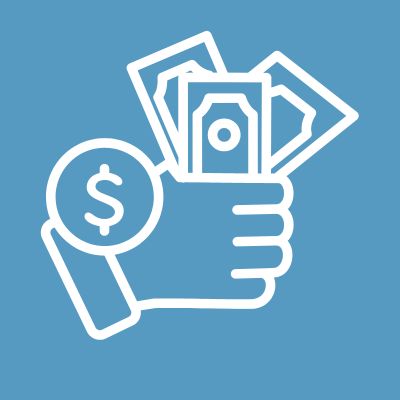
Payday and title lenders, pawn shops, check-cashing services and prepaid cards can be convenient and valuable financial services, similar to those offered by traditional providers of such services—banks and credit unions. What are the costs and benefits of using alternative financial services compared to going to a bank or credit union?
Hey, so do you know what payday and title lenders, pawnshops, check-cashing, and prepaid cards all have in common? Well true, they do all have to do with money -- specifically your money, and yeah, on any given block, in any given city, you might find all those businesses, but there's one other thing they all have in common. Can you guess what it is? Well it turns out that they all provide financial services that are traditionally provided by banks and credit unions. It also turns out that in almost all cases, banks and credit unions charge much less for these services than the corner shops we see all over town. We can break all these financial services down into the two broad categories of borrowing money and spending money. Let's look at borrowing options first. Payday, pawn, and title loans are short duration loans that are easy to get. Just show up at any payday loan shop with an ID, Social Security card, paycheck stub, and bank account number. For a title loan, you'll need your car title, and in the case of pawnshops, something else of value like jewelry or tools. You'll be on your way a few minutes later with a handful of cash. Unfortunately, depending on what state you're in, you could be paying an annual percentage rate or APR somewhere around 385% and maybe even as high as 575% on that loan. Many credit unions, on the other hand, participate in program designed to be a lower-cost alternative to payday, title, and pawn loans. The short-term small loan program has a maximum APR of just 28%. Wait, what? What's that mean in real dollars? Alright, let's make a little chart and have a look. So, let's imagine that we take a three-hundred-dollar loan and agree to pay it off in two months. With an average payday lender rate of 385% that means that in addition to paying back our original $300, we'll also be paying 65 dollars in interest to the payday lender. Woah. At the twenty-eight percent interest rate charged by the credit union, on the other hand, we'll pay back our original three hundred dollars plus a more modest nine dollars in interest. And, if you aren't able to pay back your payday, title, or pawn loadn, well you can roll the loans over for another one or two week period, which means racking up more interest. Unfortunately, if you fail to pay back the loan or roll it over, there'll be trouble. In the case of payday loans, you will have authorized the lender to take the money out of your bank account, which could mean fees for bouncing tax or overdrawning your account. With title or pawn loans, if you fail to repay or rollover your loan, they will either repossess your car or sell the item you brought to the pawn shop, so it's pretty easy to see when it comes to borrowing money that it might pay to check with your bank or credit union first. Remember the other category that we talked about? That's right, spending the money you've already earned. Check cashing stores and prepaid cards make it easy for you to spend the money you've earned, but do they make the most sense? Let's suppose you've got your paycheck and after taxes the total is $318. If you've got a bank or credit union account you can deposit or cash that check for free, but a check-cashing place is going to charge you around 3.5% of the amount of your check or $11.13. What they're going to charge you $11.13 just to get your own money? Okay, but what about prepaid cards? Once again, using a debit card issued by a bank or credit union to spend your own money isn't going to cost you a thing. Prepaid cards on the other hand often come with fees. Depending on the card issuer, you'll pay up to three dollars to activate a new card and another three dollars each time you add money. ATM withdrawals are usually around two dollars. Some cards even have a monthly fee of up to ten dollars. Wow, looks like using a bank or credit union for handling your money really does pay off. Lower interest rates on loans, fewer and lower fees for using the money that already belongs to you, and an ongoing relationship with an institution that knows you and your needs are just the start. Another great reason to maintain an account with a bank or credit union includes the ease of direct deposit. No need to carry it all your hard-earned cash in your pocket where it can be lost or stolen. If you don't already have an account at a bank or credit union, maybe it's time to get banked.
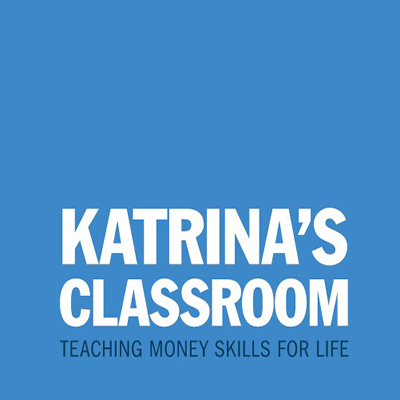
Katrina's Classroom
Katrina's Classroom: Teaching Money Skills for Life is a four-part curriculum unit designed for personal finance-related high school classrooms.

Checking and Savings Accounts | It's Your Paycheck Lesson 3
Discover the differences between checking and savings accounts.
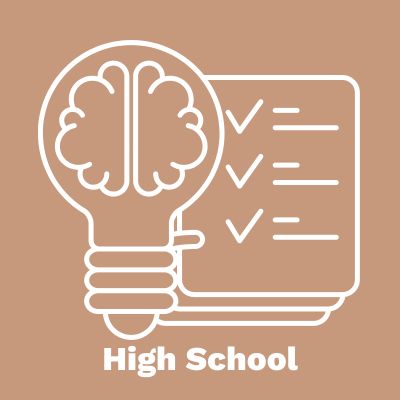
Meeting Financial Goals—Rate of Return (Lesson 2B)
Show the two ways that investments can earn a return.
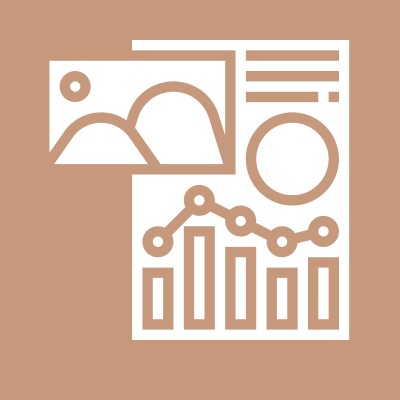
Infographic Posters
Browse infographics for your classroom.
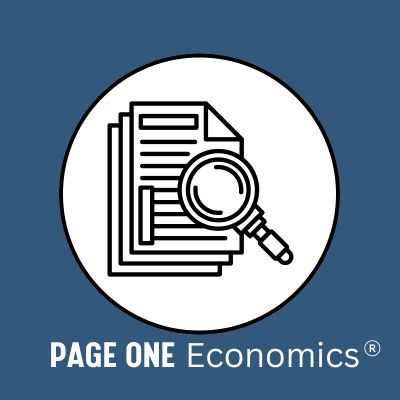
Credit Cards: The Trillion-Dollar Debt
Dive deep into credit cards and all aspects of being a cardholder.
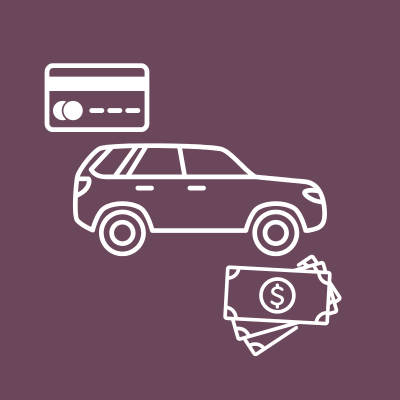
The Car Deal Package
Evaluate the decisions students make when purchasing a car.
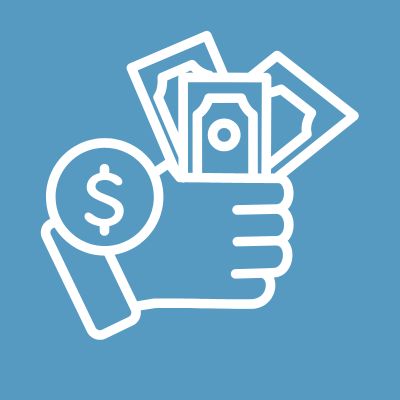
Mortgage 101
Provide basic information about mortgages.

College Choice 101: Choosing the Right College for You
Develop a framework for making decisions about college.

College Choice 101: For-profit, Nonprofit, and Your College Options
Examine the costs and benefits of various post-secondary education options.

College Choice 101: Financial Aid
Explain various financial aid options for attending college.

College Choice 101: FAFSA
Provide an overview of the Free Application for Student Aid, or FAFSA.

Car Insurance 101: Coverage and Cost Basics
Introduce car insurance coverage and cost basics.

Car Insurance 101: Types of Coverage, Optional Add-ons, and Possible Discounts
Discuss types of car insurance coverage, optional add-ons, and possible discounts.

Banks and Alternatives 101: Tax Refund Fees
Examine offers by tax preparers to get your refund faster than normal.

Banks and Alternatives 101: Fees, Fees and More Fees: It all Adds Up
Weigh the benefits and costs of rent-to-own and “buy here, pay here” options.

Forms 101: Filling out the I-9 Form
Introduce the I-9 form.
{{resourceTitle}}
{{resourceBlurb}}